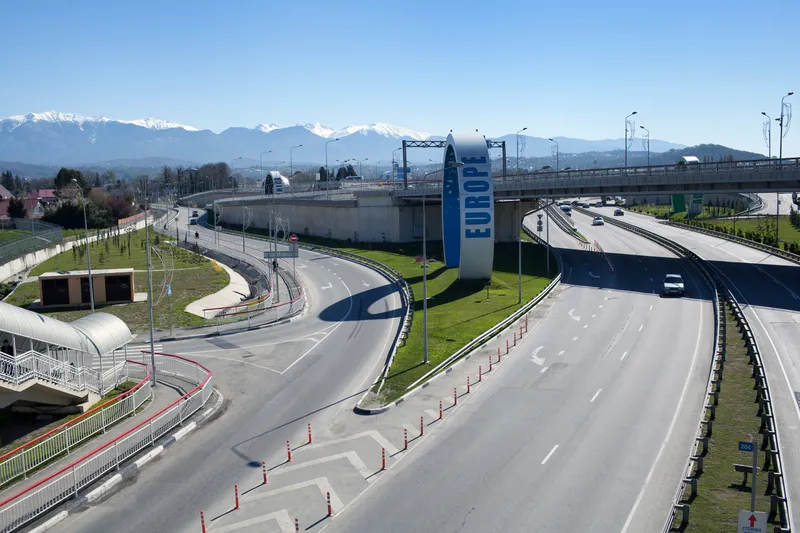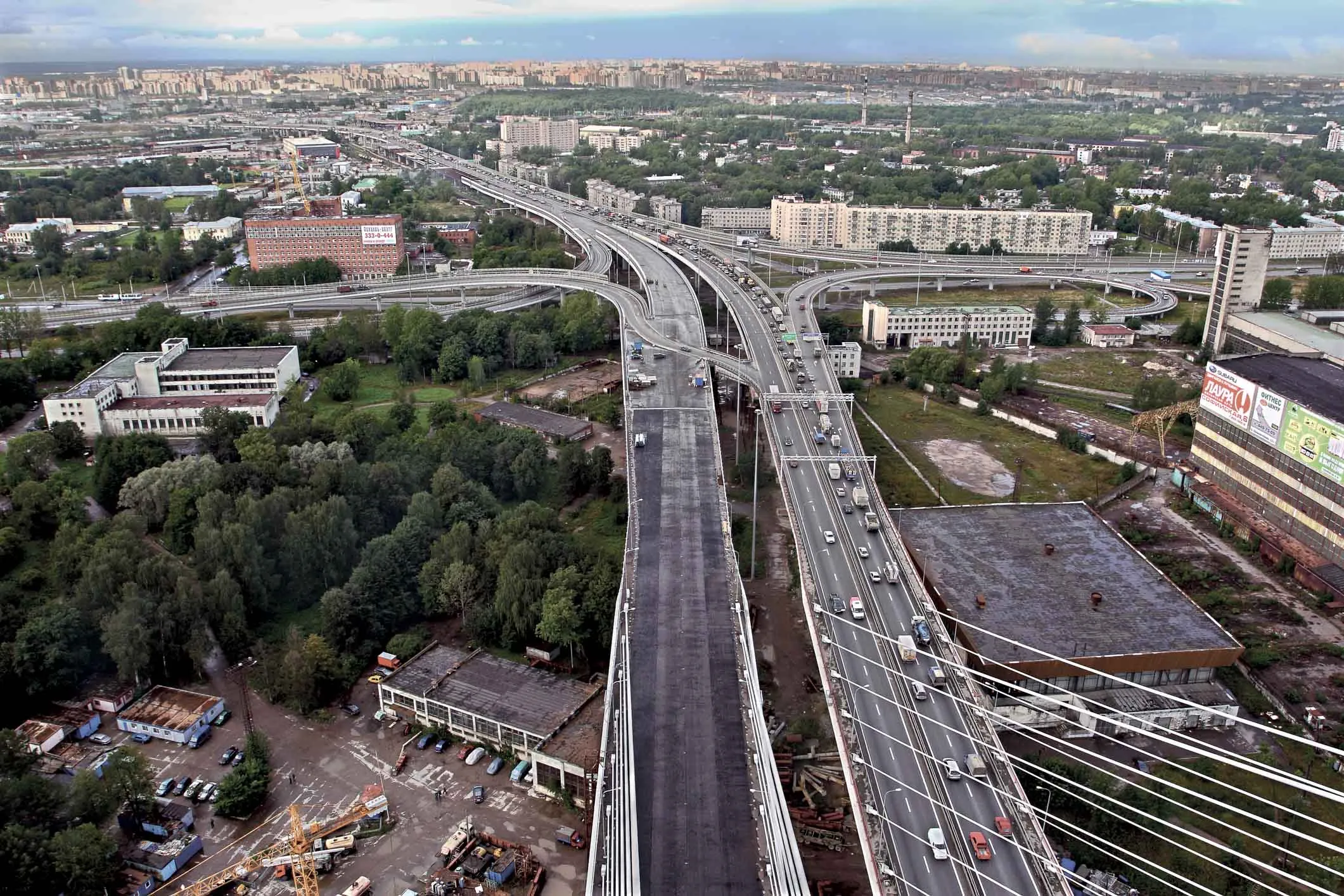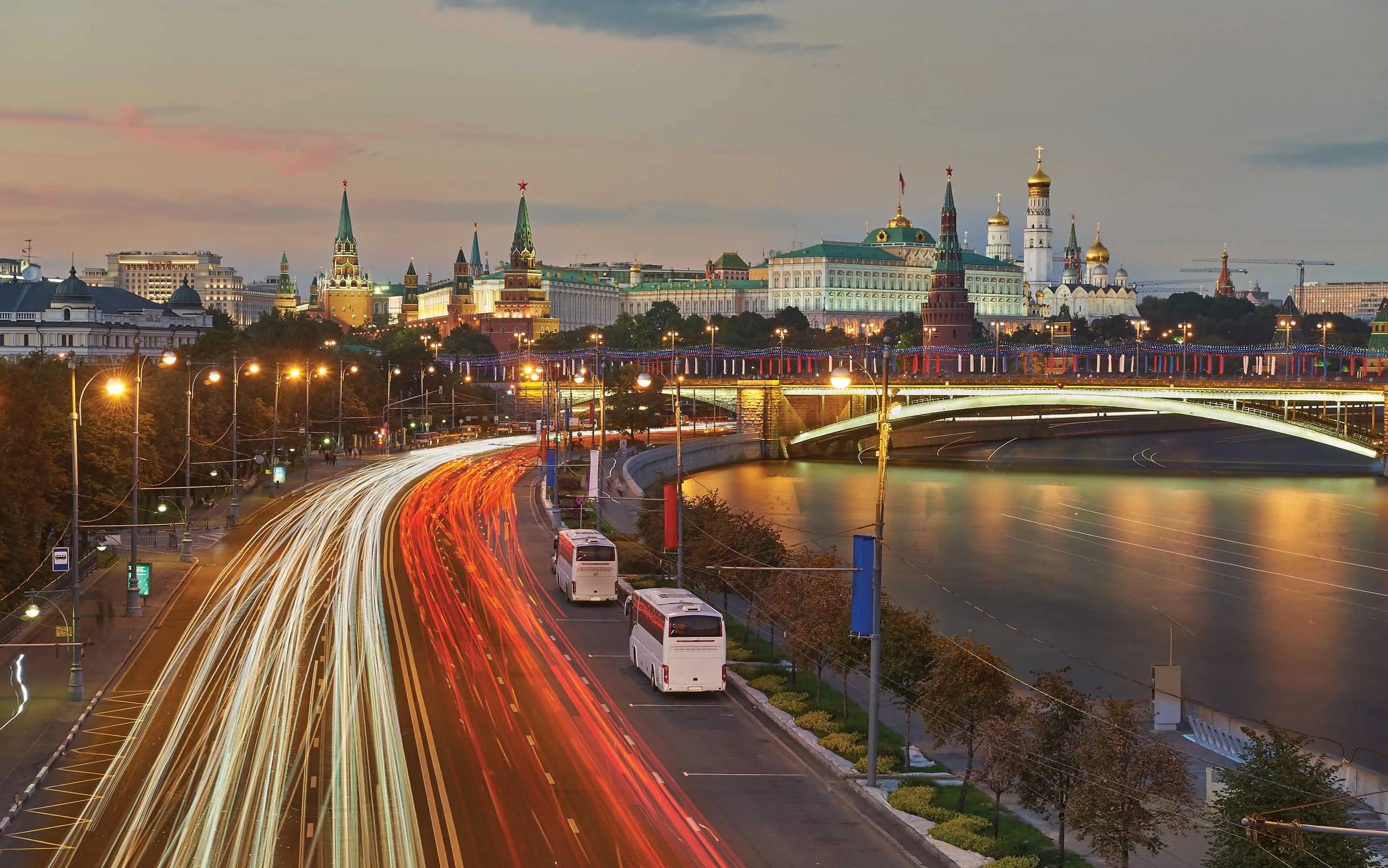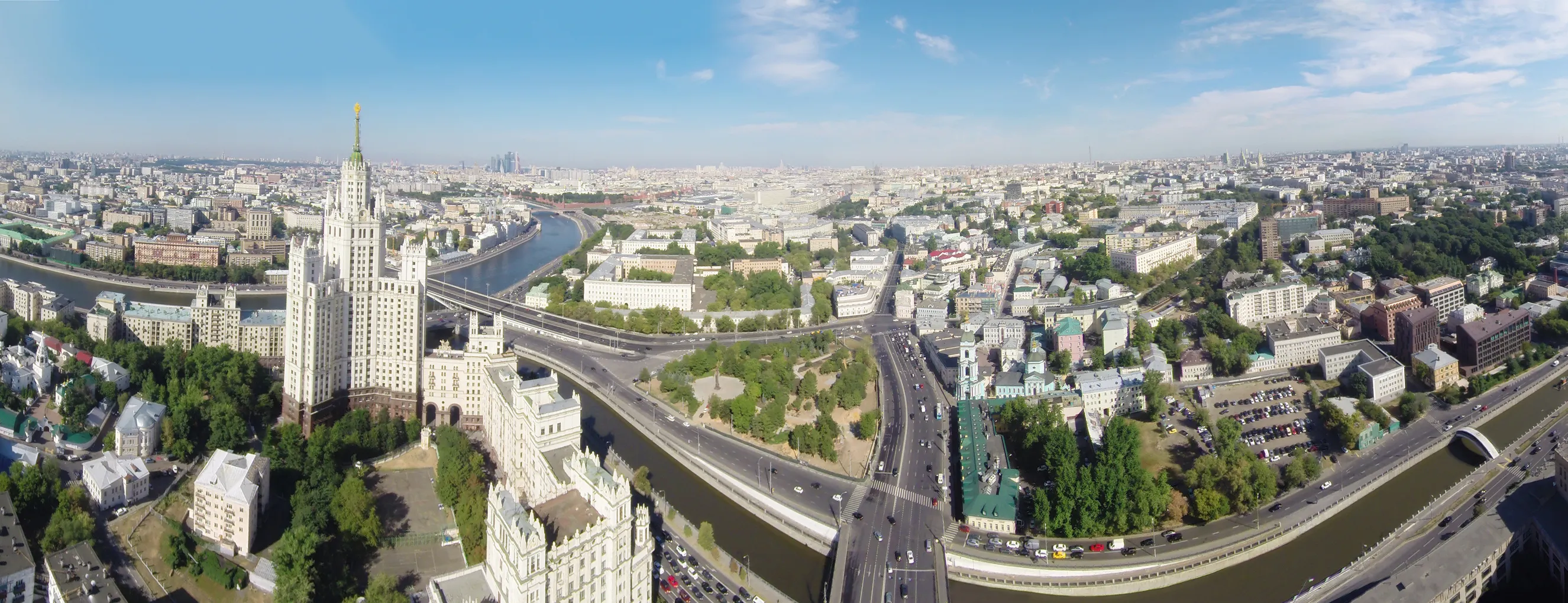
Construction work is being planned for Russia’s most expensive road, which will be built in south of the country – Eugene Gerden reports
Work is due to commence shortly on Russia’s most expensive road, in the south of the country. The highway will form part of the existing 1,600km Moscow-Sochi road, according to recent statements from senior officials at the Russian Ministry of Transport as well as local analysts.
As part of the project, the Russian Government, together with private investors, plans to carry out reconstruction work to the last 170km section of the Dzhubga-Sochi (A-147) road. This route currently links the country’s capital and Russia’s major Black Sea resort.
The road is a two-lane route at present, with numerous twists and turns as it winds its way along the coast of the Black Sea. The stretch between Tuapse and Golovinka features some particularly difficult sections. As a result, the A-147 is not able to cope with current demand and features heavy congestion. According to some drivers using the road, it can take up to 24 hours to drive between Dzhubga and Sochi.
The Russian Government has already appointed the
The reconstruction of the route involves building a four-way high-speed highway. According to preliminary estimates, the cost of the project could reach 1.2 trillion rubles (US$80 billion), which will be a record for Russian road building projects.
The high cost is due in part to the difficulties posed by the terrain. The area is mountainous, which is why the current road has so many twists and turns. Building the new four-lane highway will involve building bridges and tunnel sections as well as making substantial cuttings.
However, if the project is implemented it will be possible to drive from Dzhubga to Sochi in just one hour. After work is complete, the road will measure some 119.5km in length and the maximum speed allowed will be 120km/h.
Of note is that the new road will not be tolled and will be free to use, a change from many of Russia’s latest highways.
According to representatives at Avtodor, there is an acute need for the road to be rebuilt. The current route is not only narrow, but is also dangerous and has a high rate of fatal crashes.
Rebuilding the road will be form part of the decree from Russia’s President Vladimir Putin. He has set a target of halving the number of dangerous stretches of national roads and highways. The aim is to lower the rate of road deaths to no more than 4/100,000 population. This will be a significant step as the
The new road will bypass all the towns along the route. According to an official spokesman of the Russian Minister of Transport Evgeny Ditrich, the project will be divided into four stages. During the first stage, a bypass of the city of Tuapse will be built with the cost of 199 billion rubles. (with 10 bridges and seven tunnels to be built). At the same time the second stage of the project involves building of Sochi bypass (with 16 tunnels, 25 bridges and overpasses), for 180 billion rubles, while the third - the bypass of the village of Lazarevskoe - for 130 billion rubles (8 bridges and four tunnels).
Finally, during the 4th stage there are plans to build approximately 80km of connections, that will require investments in the volume of 700-800 billion rubles.
Currently, the city of Sochi already has a bypass, but this is within its boundaries and does not fully solve the problem of through traffic.
At the same time, it is planned that part of the funds will be invested in the movement of the Sochi-Novorossiysk section of the existing rail road, which should help to make the road more comfortable and convenient for drivers.
According to earlier statements of the deputy head of Rosavtodor Igor Astakhov, implementation of the project will commence in early 2019.
The key issue of the project is its funding, while the Russian Government is considering several options for this. One of the possible options may involve the allocation of finance from numerous public funds, which have been established in Russia with the participation of the government and private investors in recent years.
The government is also considering a scenario of public-private partnership, while a concession agreement with the investor may be signed for a period of 25-30 years.
According to some Russian media reports, implementation of the project could be of interest to the companies of such Russian well-known businessmen as Yuri Rejlian and Arkadiy Rothenberg. The latter will probably have to choose between the bridge on Sakhalin Island and the Sochi road.
According to estimates from Pavel Chistyakov, vice president of the Russian Center for Infrastructure Economics, approximately 8 million cars pass via the Dzhubga-Sochi route every year. The road passes through the most developed parts of the Russian Black Sea coast, where a huge number of resorts are located and features a high demand from tourists.









